Table of Contents

Middle School Music: Pak Priyadi
Spring break is approaching and the end of the year comes quickly once we are back! The eighth graders are busy learning music online. They have to decide what instruments they will play online, follow the instructions from tutorial videos to make the virtual band, listen to the accompaniment in order to synchronize tempo and do many other things asynchronously. This allows us to use every moment of our synchronous time together!
Students work hard on their band projects which take three or four weeks to finish. They practice the songs and consult with the teacher during zoom time. They are always welcome to email the teacher for extra help. Students then submit their videos playing the song with their instruments as their final product.
This process, from beginning to the end takes a long time to finish. The result of this long, hard work is something we are all very happy to see; our virtual band performance. Everyone in class contributes to the performance by making and sending their music videos to the teacher and, through the magic of technology, our grade 8 virtual band performance is produced. Well done, team!





High School Bahasa: Ms. Dita and Ms. Pipit
Ms. Pipit (Indonesian Students)
Advanced Bahasa 9 has this goal for the term: Describe, explain and/or justify opinions and feelings about personal experiences and global issues orally, in writing or in other media creations. They explored the social issues we previously discussed in the 1st semester. This time, the class is divided into two teams to debate about those issues: racism, road safety, climate change, etc.
Students researched the topics, constructed logical arguments and presented them confidently.
As for Indonesian Studies 9, they have this goal: Identify, analyze, and evaluate the relationship between ideas and perspectives of the cultures studied and their literary and artistic products. They were tasked to research different types of arts and cultural expressions from Indonesia. Students made informative but interesting slides and presented them to the class. Each student chose different types of artforms from different regions.
Advanced Bahasa 10 and Indonesian Studies 10 have this goal this term: Analyze topics discussed in other academic subjects using the target language (current events, political and historical concepts, worldwide health issues and environmental concerns). The students read a wide variety of research materials to gather relevant and important information about endangered animals and environmental issues in Indonesia. To raise awareness about these issues, they turned all of the information into a reader-friendly infographic and an easy-to-understand illustration.
Advanced Bahasa 10:
Indonesian Studies 10:
Advanced Bahasa 11/12 has this goal this term: Read literature and access other authentic materials in the Indonesian language and analyze the universality of the message as well as the ways of thinking and perspectives that are uniquely available through Indonesian language and its cultures.
The students have finished Kartini’s book “Habis Gelap Terbitlah Terang.” They composed personal letters for advocacy related to the education for women in colonial Indonesia that was non-existent. Class also discussed the cultural aspects found in Kartini’s letters. Students could demonstrate empathy, critical thinking and literary appreciation in the discussions.
See also: Secondary Scoop: MS Bahasa and SS Theatre Arts
Ms. Dita (Ex Pat Students)
The topics in HS Bahasa Indonesia this quarter are quite diverse. They include Indonesian food, village and city life, as well as introductions to folklore in several tourist attractions in Indonesia.
Grade 9 is introduced to Indonesian cuisine, writing recipes (procedure text) and cooking simple Indonesian food. In this case, students are expected to be able to write their own recipes and practice them.
Grade 10 is studying adjectives and the application of the affix ber-to-be which, when attached to a verb, will form a new word that shows a reciprocal relationship and a verb that shows an irregular action or movement.
Grades 11 and 12 are introduced to folk tales about the origin of tourist spots, such as Mount Tangkuban Perahu, Mount Merapi and several other stories. In this topic, students examine the orientation of the story, which is usually the opening of the story, the complication of the story which is a problem that occurs in the story, the resolution which is the problem solving and the code which is the closing of the story and usually the moral message of the story.
As you can see, our Bahasa students are exposed to Indonesian culture from many different perspectives.








